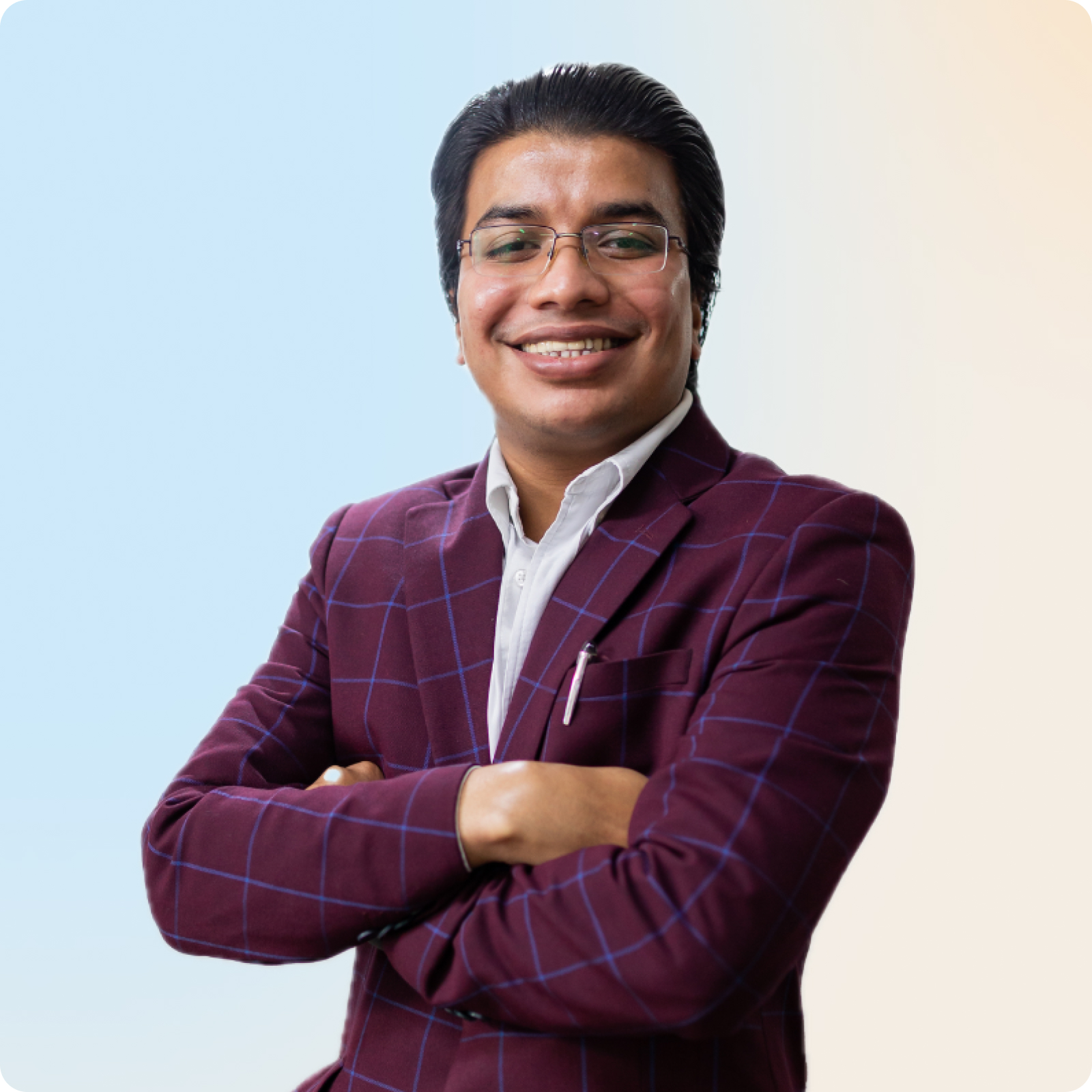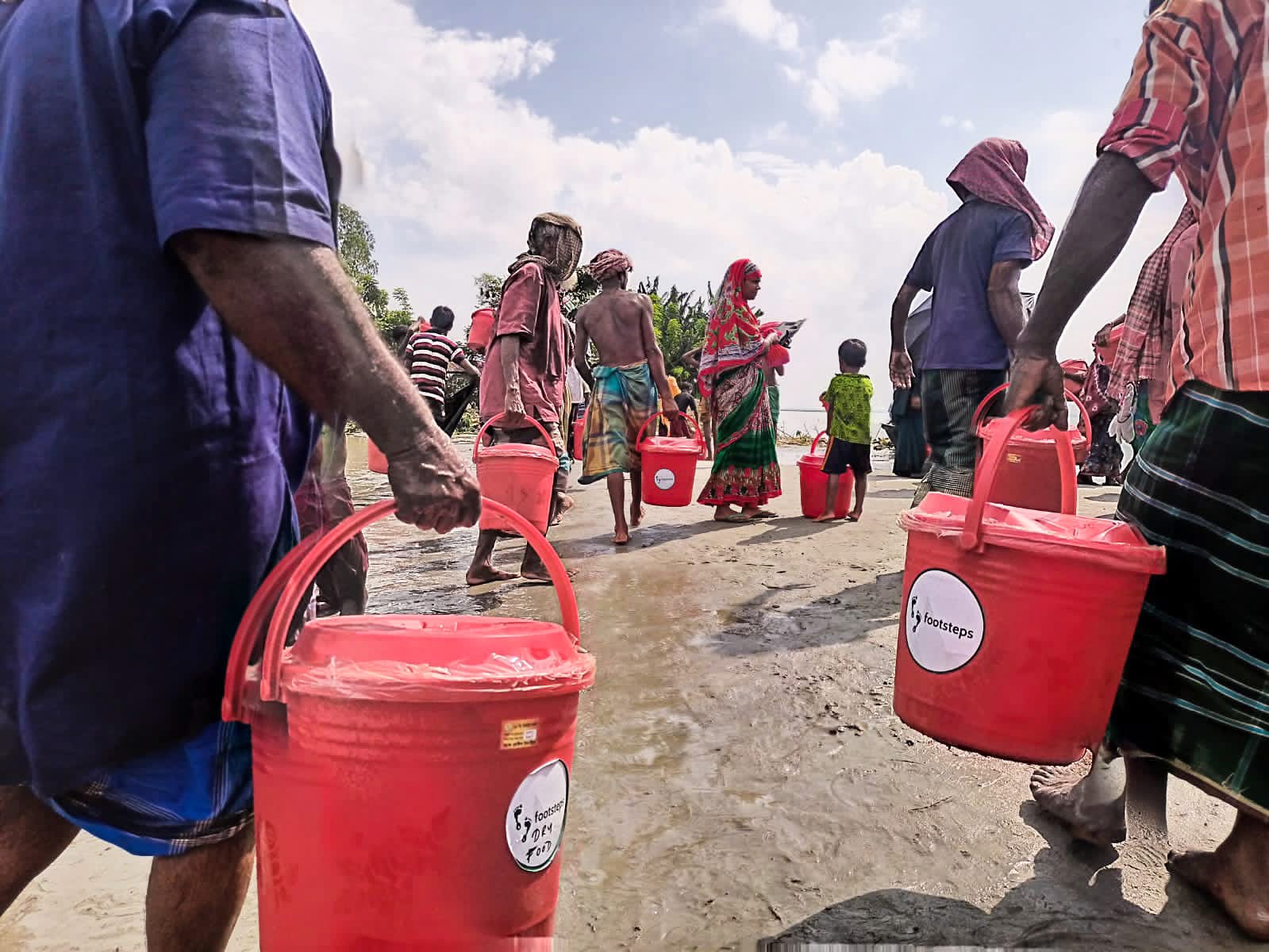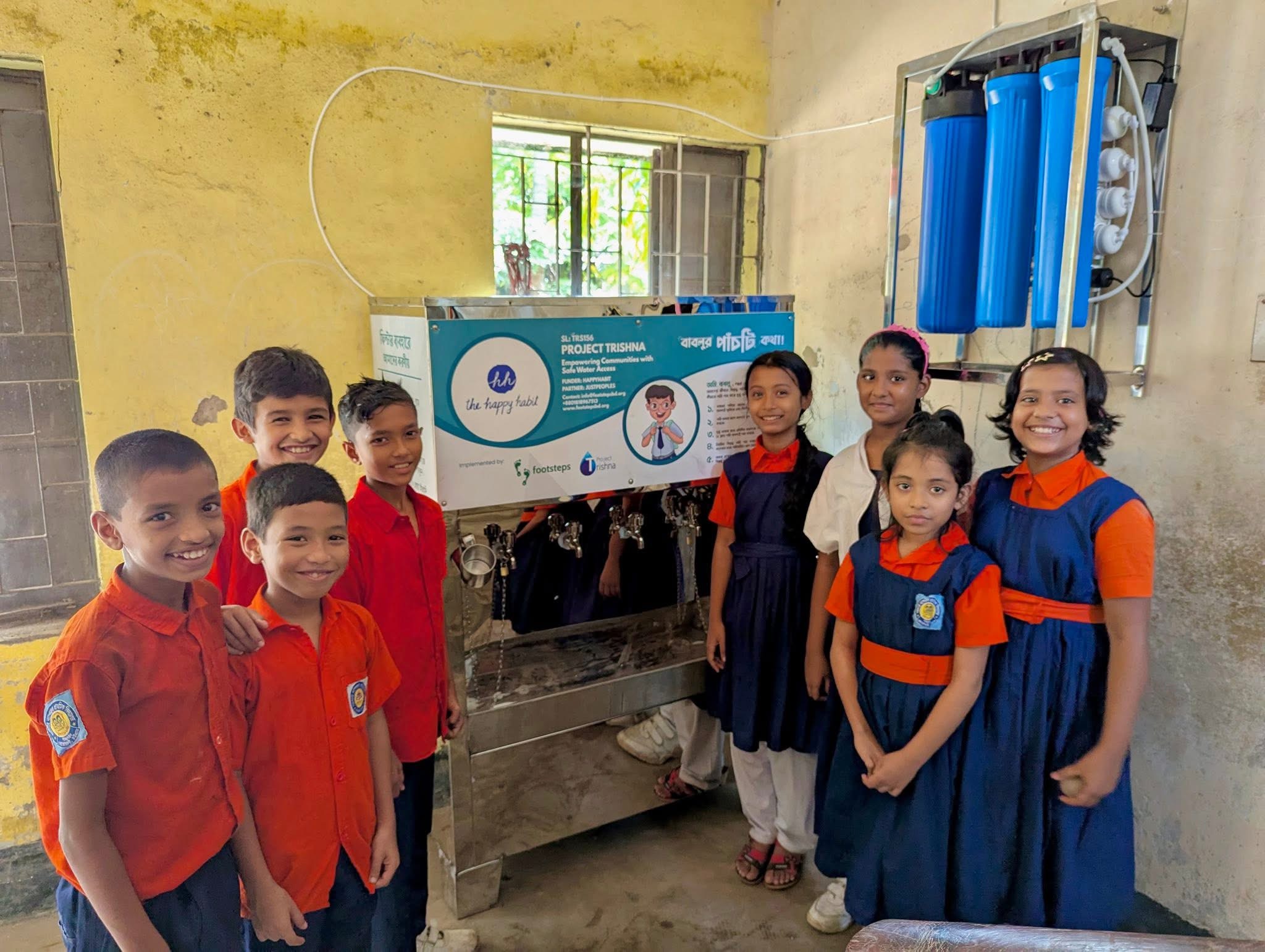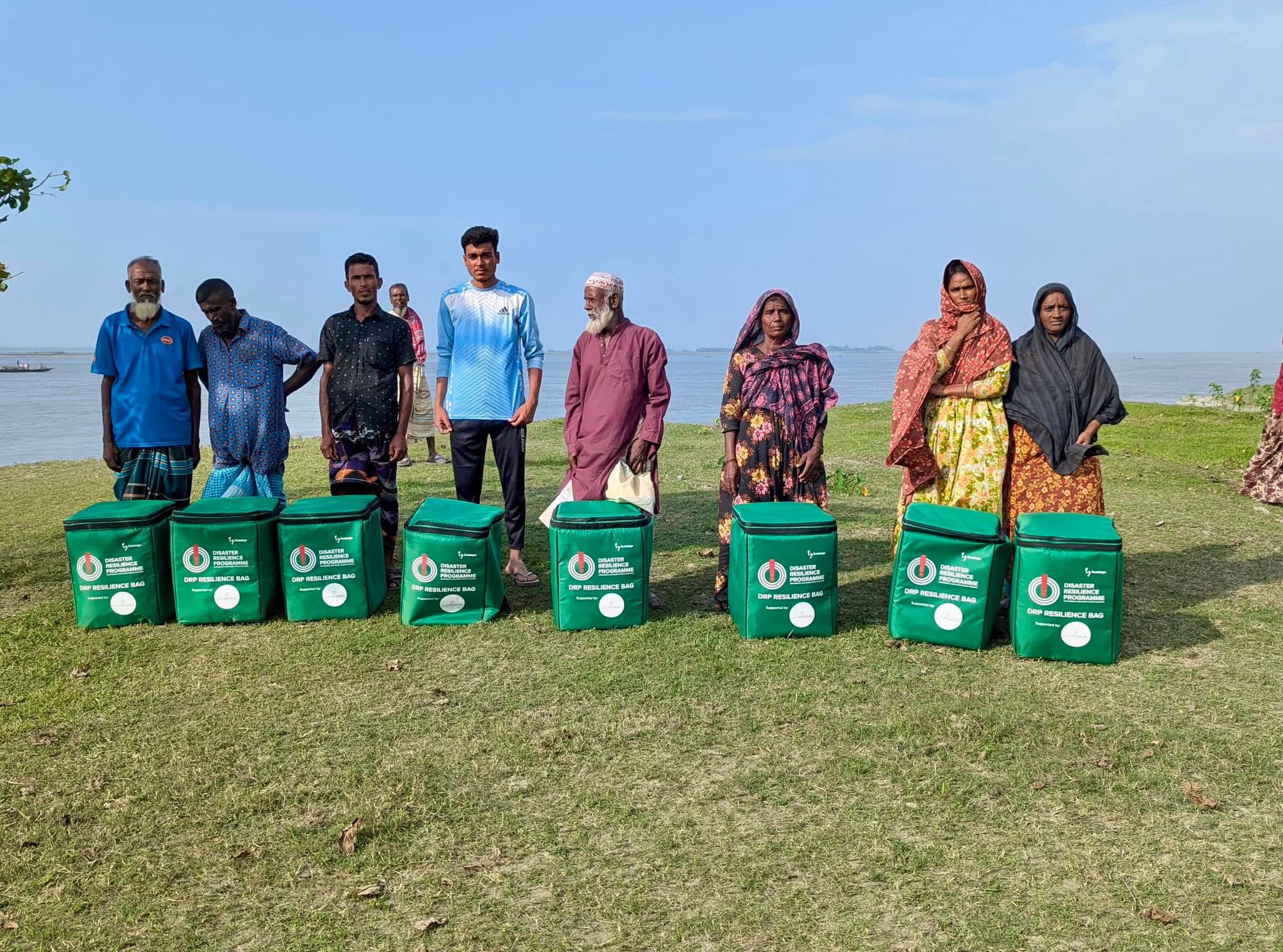45
Days
12
Hours
44
Mins
29
Secs
left to apply
In the floodplains of Bangladesh, where monsoon waters rise as quickly as hope can fade, Mohammad Taqi Yasir saw resilience waiting to be unlocked. At just sixteen, he co-founded Footsteps Bangladesh, transforming a youth-led idea into a nationwide movement for clean water, health access, and climate resilience.
What began as a small community project has now reached over 769,000 people across 44 districts — delivering safe water, healthcare support, and sustainable solutions through initiatives like Project Trishna, Project WECan, and Project Nimbus.
As a 2025 Global Fellow in Courage, Yasir is honing his leadership to scale impact and shape policy that places community voices at the heart of Bangladesh’s development future.
His courage lies in reimagining what’s possible — turning every crisis into a lesson in innovation and every young person into a leader for change.

Being part of Global Fellows in Courage has been transformative both personally and professionally. The fellowship broadened my perspective, connected me with peers driving social change globally, and helped me reflect deeply on my leadership style. Through mentorship and peer learning, I refined projects like Project Trishna and Project WECan to combine community-driven solutions with sustainability and strategic impact.
Courage is the willingness to act with integrity and conviction even when the path is uncertain. When I co-founded Footsteps at sixteen, many saw it as unrealistic — but we persisted. For me, courage isn’t the absence of fear; it’s the resolve to act despite it, guided by service, justice, and a commitment to impact.
Bangladesh faces an intersecting crisis of water insecurity, limited healthcare, and climate vulnerability. Through Footsteps, we work to provide safe water, telemedicine, and disaster response tools that empower marginalized communities to thrive beyond survival.

We partner with women and youth in flood-prone and underserved areas. In Project Trishna, for example, local women are trained as community water entrepreneurs who maintain filtration units and lead hygiene campaigns. Our model is built on trust and co-creation — designing solutions with communities, not for them.
When we installed portable filtration systems at Dhaka’s BSMMU Hospital, families told us how life-changing it was to have free, safe water during treatment. Even more powerful was seeing local women take ownership of the units and expand the initiative. That’s what impact means to me — sustainable change led by the community itself.

As a teenager, I saw floods devastate villages near Dhaka — and how those with the least resources suffered most. That injustice sparked my commitment to long-term, community-driven solutions. Every project since has carried that same purpose.
Resistance to change is real — many still believe young people lack the capacity to drive development. I overcome this by demonstrating results and building coalitions that show youth leadership is not only possible but essential.

Mohammad Taqi Yasir embodies the heart of GFiC — transforming crisis into innovation and inspiration into impact. From Bangladesh’s river islands to the global arena, he’s proving that courageous leadership can change systems — one community at a time.